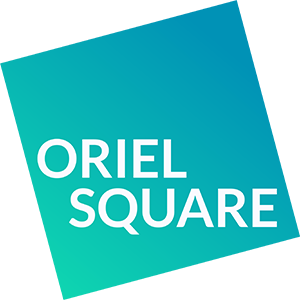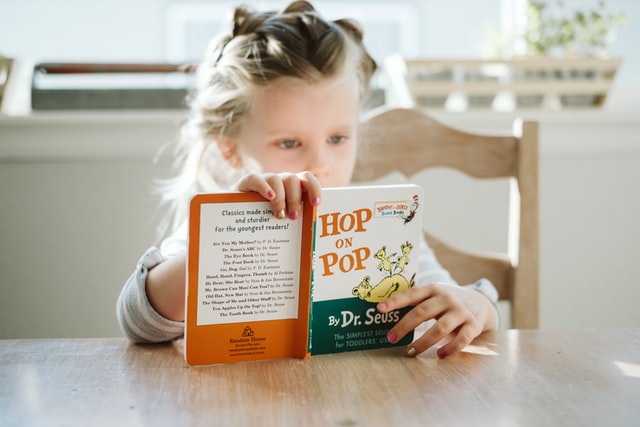Liz is Editorial Manager at Oriel Square. She leads a number of complex print and digital projects, mostly in Primary English and Maths.
Where did your journey in publishing begin?
Similar to a lot of people who start out, my interest in publishing came from my love for reading. Luckily by the time I actually got into it and realised it wasn’t just all about reading every day, I still liked it!
When you’re working on those stories editorially, you have to take it letter by letter, so it needs a lot of precision.
My very first job in publishing, working on academic journals, was a very long way from my love of reading. But through academic journals, I learnt about sociolinguistics, a subject I had no idea existed as a field of study until I started working on it! I was still able to indulge that geeky side when I got into primary reading because the science learning to read is really interesting while also being controversial.
What are the best things about working in primary English?
A love of reading has close ties to primary English publishing. Here are four things that I particularly love about working in Primary English:
Just because it’s a school book, it doesn’t mean that it shouldn’t look great or be interesting and enjoyable to read.
- Being someone’s first book – It’s a huge privilege being able to work on a book that might be the very first book that a child reads for themselves. Just because it’s a school book, it doesn’t mean that it shouldn’t look great or be interesting and enjoyable to read.
- The challenge of decodable readers – When you’re working on phonics there are incremental steps to add the sounds that children can read. You start off having to work out how to write a story with just four-letter sounds! When you’re working on those stories editorially, you have to take it letter by letter, so it needs a lot of precision.
- Making something beautiful – Other aspects of working on early readers can be incredibly creative. I always loved getting to work with creative designers and illustrators to come up with a book concept that’s going to look great.
- Repeat readers – The most rewarding thing is to have somebody who is reading a book that you worked on, enjoy it and want to read it again and again. That kind of feedback is amazing.
Top tips for getting into Primary Literacy
- Consider your audience: Thinking about those struggling readers and the kids who don’t enjoy reading will really make a difference. Talk to real learners and think about your own experiences to avoid defaulting to stereotypes.
- Volunteering: I’d really recommend that anyone getting into primary literacy do some volunteering in primary schools where possible. It can be quite eye-opening to see how kids can struggle and where the books we produce can help.
Fun fact: I got my first library card when I was two years old when I was growing up the library was just across the road from my house and it was the first place I was ever allowed to go by myself, so to me, libraries represent freedom. One of the first things I always do now, whenever I move, is register for the library. Not enough people use libraries anymore but I still do and I take my kids there.

